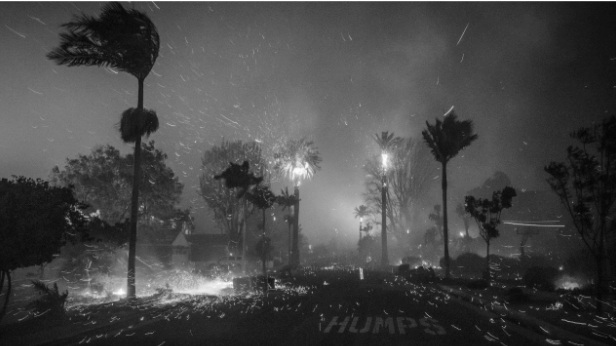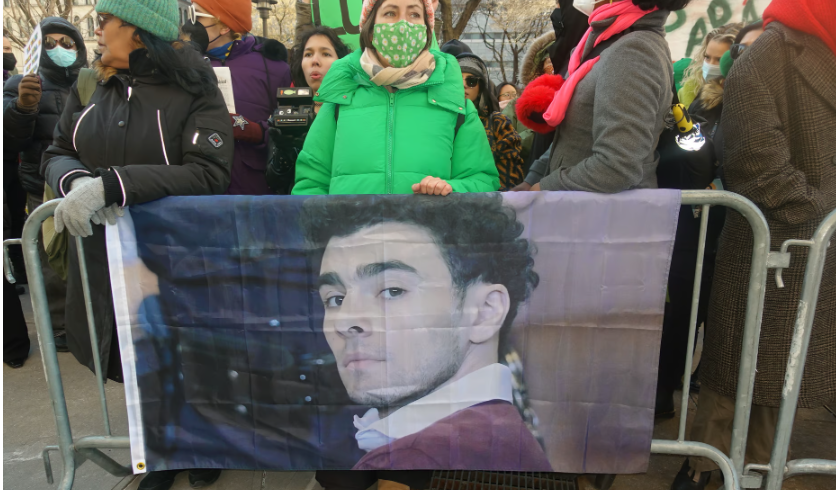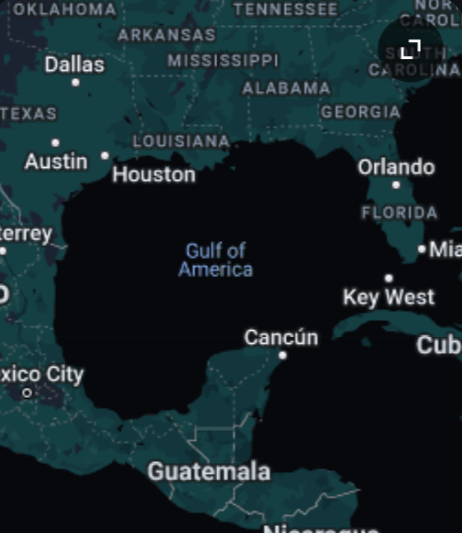Climate change altering Maryland
Carbon emissions threatening life
March 17, 2022
According to the Chesapeake Bay Foundation, “Climate change refers to significant, long-term changes in weather patterns that result in warming temperatures and sea-level rise, unpredictable weather patterns and increased storm intensity.”
This issue has been highly noticed by Hellwig, who describes the Maryland weather to be unpredictable with it “being warm one day[,] around 70 degrees[,] and the next day being below freezing around 30 degrees.” The changing weather has made it difficult for the sophomore to enjoy snow, something that he loves.
In comparison with years past, Hellwig believes Maryland didn’t have “nearly [as] much snow as we did this year,” but he notes that it’s “hard to calculate knowing Maryland’s weather.” According to the National Weather Service, the cumulative total of snowfall from 2020-2021 was 10.9 inches, whereas the total from 2021-2022 has been 14 inches.
The change in snow opened the students’ eyes to climate change, making him question “how much worse [it has] to get before we humans really start to take action” and “how much longer [we] really have before it is too late.” The Nature Conservancy reports that the answer to the second question is dependent on earth “globally [achieving] net-zero carbon emissions no later than 2050.”
In addition to reaching a level of zero carbon emissions, Hellwig says that reducing fossil fuels, which produce these emissions, can be done by reducing “meat consumption.” He states that “the cost and damage of meats [on our society] is much greater than [the fact that] meat account[s] for 10 percent of our [bodies].”
Science teacher Laura O’Leary is fearful that our society “won’t be able to make all the changes that we need to [in order] to keep our warming [to a minimum].” If we as a whole fail to reduce the level of carbon emissions, the teacher states that the “repercussions will be huge in terms of human impacts, wildlife impacts, [and] impacts to our infrastructures.”
However, she admits that she is less worried about Generation Z and their ability to combat the change because it is not a debated subject anymore. Due to the fact that this group of kids are “living in [climate change],” we will make the needed alterations to assist the earth.
Not only does climate change impact the weather, but it also affects ecosystems. According to the sophomore, “the change that is occurring in our Chesapeake Bay Watershed is devastating as runoff sediment is going into our bay.” This process is referred to as “eutrophication,” says Hellwig, and is defined as when “excessive richness of nutrients [run] off into a lake or other body of water, frequently due to runoff from the land, which causes a dense growth of plant life and death of animal life from lack of oxygen.”
Hellwig explains that this is caused by “things like fertilizer and nutrients such as phosphorus and nitrate from farms, cities[,] and powerplants.” The Chesapeake Bay Foundation states that “more powerful storms” are the culprit of the increasing runoff and cause “higher temperatures [that are] putting species at risk.”
These harmful chemicals can lead to “algae buildup that creates dead zones as sunlight cannot reach under the surface of the bay, killing all living organisms across the Bay,” says the sophomore. With all the outlined dangers to other specimens, there are risks climate change poses to humans.
The United States Environmental Protection Agency explains that hot days can be extremely dangerous. There are certain individuals who are especially vulnerable, they say, such as “children, the elderly, the sick, and the poor.” High temperatures caused by climate change can cause “heat stroke and dehydration, and affect people’s cardiovascular and nervous systems.”
More information on these topics can be found on Mark Rober’s video about vegan beef, reports Hellwig. Both the Chesapeake Bay Foundation and United Nations Climate Action contain accurate facts.
















